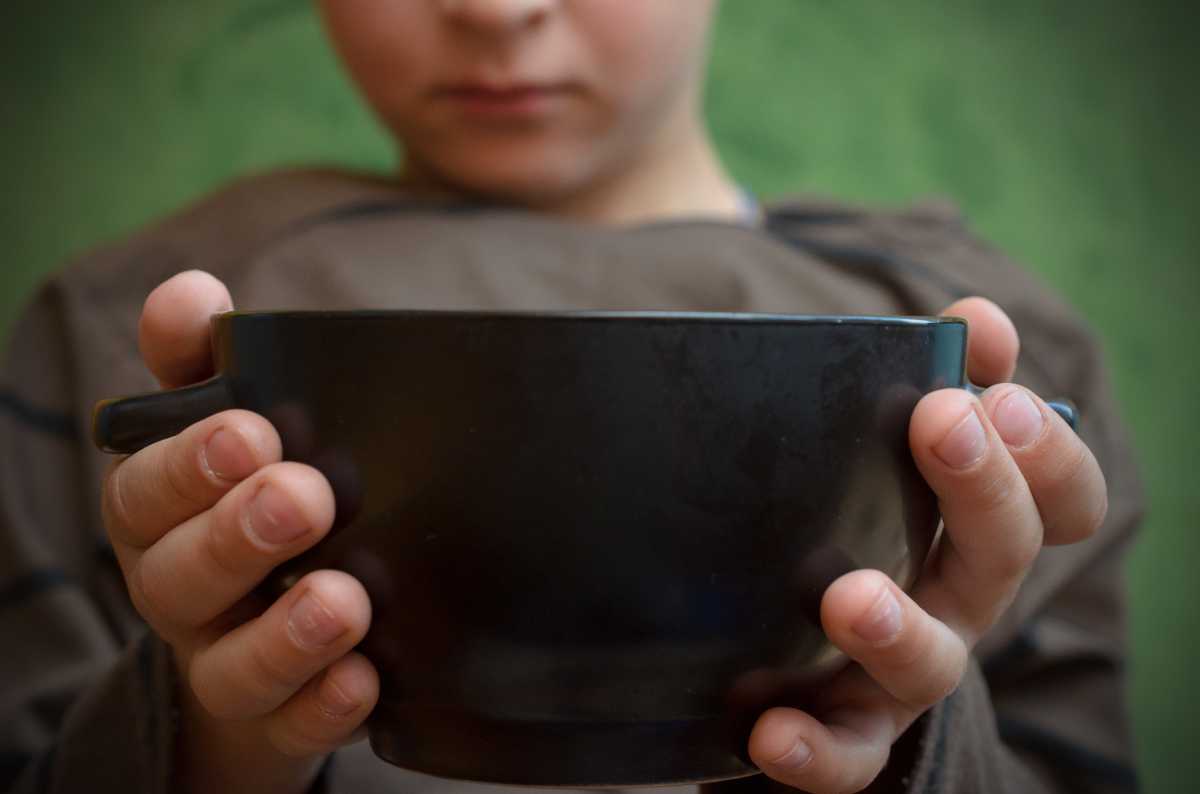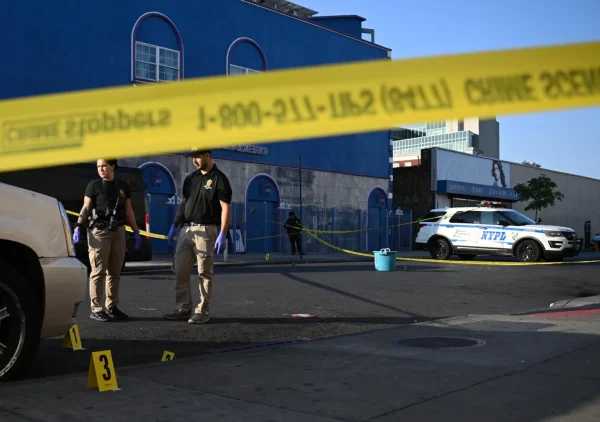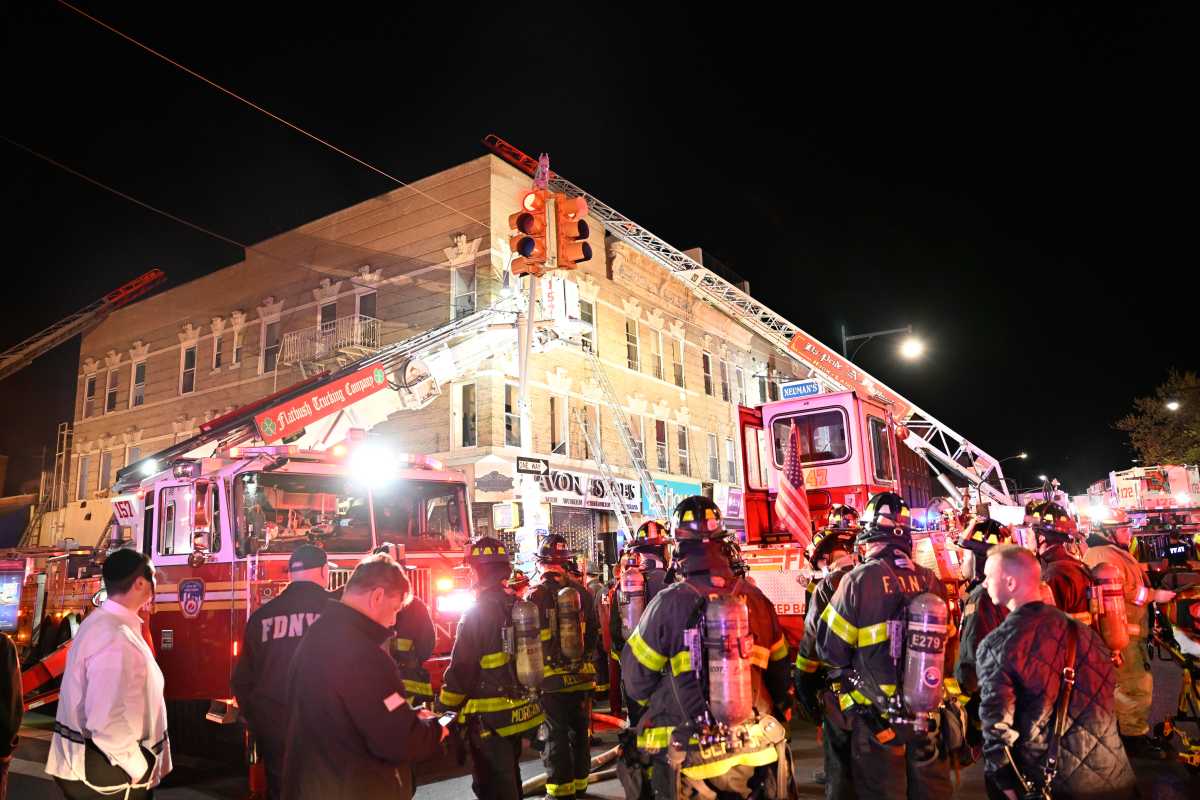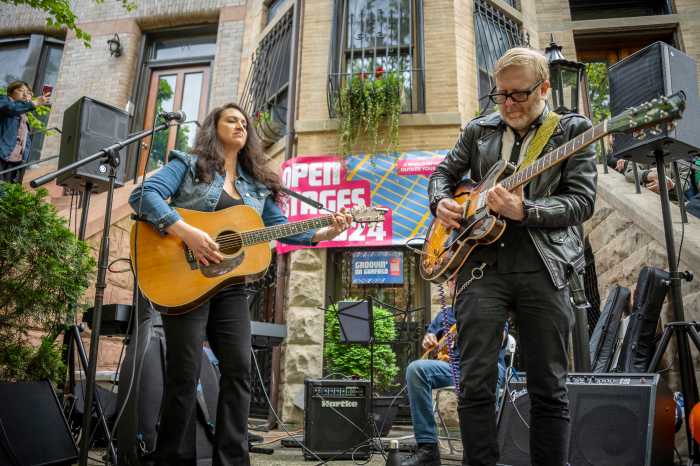When the final bells of the school year went off last month, they sounded more like an alarm than the start of summer fun for Jessica Fuentes and her family.
“Everything has gone up,” says the mother of three children from Queens. “Milk is expensive. Meat is expensive. Meat, chicken, fish – all of that is so expensive. Every meal decision is complex.”
The dog days of summer add layers of complexity to Jessica and her husband’s already stressed lives. For Jessica, who works weekends as a manager at a fast-food restaurant, and her husband, a building porter and union member, three-quarters of their income covers rent. That leaves little contingency for necessities such as utilities, diapers, transportation, and basics like food for these working parents.
“We are drowning because we have so many bills,” she says. “Summer is the biggest challenge. It’s very stressful.”
Families that rely on free or reduced-price meals during the school year find themselves increasingly starved for help in July and August: No school often means fewer meals for these students, leaving families scrambling to make up as many as two per day.
The challenge is especially prevalent in New York City, where 23.5 percent of children under the age of 18 live in households that are food insecure, according to Feeding America’s Map The Meal Gap report published in 2024. That means more than 416,000 children struggle to find nutritious meals.
The issue of childhood hunger hits far closer to home when you consider that in recent years all of New York City’s boroughs experienced double-digit increases in the number of children who do not have enough food to live active and healthy lives, according to Feeding America’s data. The Bronx, with 33.2 percent of its population under 18 living in households that are food insecure, has one of the highest rates in the nation. Other boroughs aren’t far behind.
In a city that has nearly as many millionaires (350,000) as hungry children, we can do better. We must do better.
Food is a basic need. And childhood hunger, unlike so many other challenges in our great city, is often invisible. It can be hard to see, even in plain sight. What’s also not often seen are the tough choices that parents must make, such as paying rent, buying groceries, clothing a child, or keeping the heat or air conditioning running.
While food banks, soup kitchens, and summer programs provide help to children 18 and under at various sites throughout New York City, not all eligible children participate due to factors like lack of awareness or accessibility issues. Summer adds a complicated layer as many children have reduced access or discounted meals at school.
At Food Bank For New York City, where I serve as president and CEO, I hear firsthand from parents about the challenges of getting enough food to eat, juggling work, and making choices that no parent wants to make. Some are embarrassed that despite working full-time, they come up short every month. They shouldn’t be.
On any given week, Jessica Fuentes, plans around which food pantry is open and accessible. She’ll spend half a day in transit on three buses so that she can prepare a nutritious meal for her family. A summer treat such as an ice cream cone is out of the question — and trips to the park are clouded with the fear of an unplanned fall, scrape, or injury that needs attention.
“I get more stressed during the summer,” she says. “I fear for a lot of things.”
Other parents we see must choose between work, paying bills, or skipping meals. The margin for error for the families we assist is frighteningly miniscule — and the problems have only gotten worse since 2020.
Addressing food insecurity isn’t easy, but it’s essential. We need to expand access to summer meal programs and make sure people know about the resources available, like local food banks, soup kitchens, and community centers. We also need the public’s help so that we can ensure there is enough funding, volunteers, and support for our city’s most vulnerable residents.
Summertime, after all, should be a special time for our most precious population.
Leslie Gordon is the President and CEO of Food Bank for New York City, the city’s largest hunger relief organization.
Read More: https://www.amny.com/opinion/



































